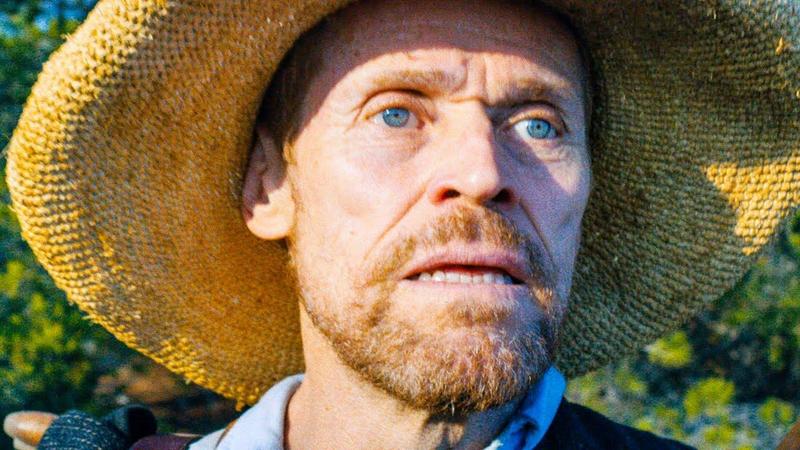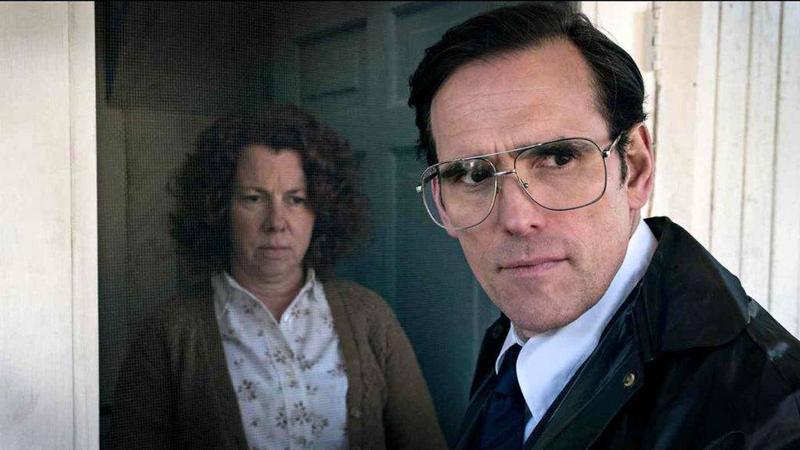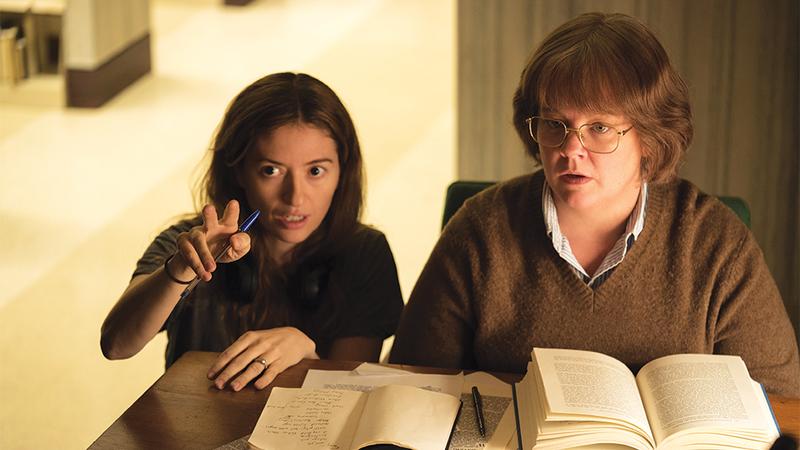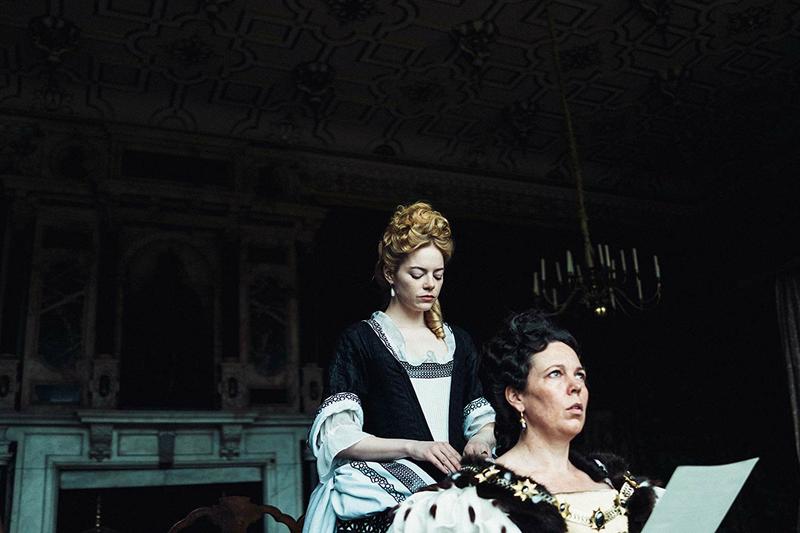
Oscars Deathrace 2019: Best Actor in a Leading Role
February 14, 2021The best actors in line for the Oscars, and the best actors who are not.
Over the last few years, I wrote a series of Oscars articles for The Phoenix News, in which I weighed in on which movies I thought should win the Oscar in that year.
This article was originally published in The Phoenix News under the title “Who Should Win the Oscar in 2019? Best Actor in a Leading Role“

Who Should Win: Willem Dafoe, At Eternity’s Gate
Few movies so perfectly portray a character as At Eternity’s Gate portrays Vincent Van Gogh. Every aspect of director Julian Schnabel’s biopic adds to Van Gogh’s characterization. The camera shows the world as he saw it, the music quickly establishes itself as a sort of inner monologue, and the dialogue is messy as often as it is eloquent, reflecting a stream-of-consciousness style of storytelling that muddies the line between reality and Van Gogh’s imagination.
Of course, a character study is nothing without its lead actor, and Willem Dafoe’s portrayal of Van Gogh is easily the highlight of his career. Dafoe plays Van Gogh during the famously turbulent last years of his life. During this time, Van Gogh struggled as an artist unappreciated by potential patrons, and unsuccessful even among his peers. At the same time, he suffered from depression so crippling he would eventually commit himself voluntarily to a mental asylum after being driven from Arles, France.
Beyond simply portraying the events as history recorded them, At Eternity’s Gate shows how the world affected Van Gogh. Every interaction the artist has is meaningful, and every painting, a natural consequence of his experiences. Dafoe lends gravity to even the briefest exchanges, turning every scene he’s in into something truly memorable. Dafoe also has the opportunity to deliver several philosophical monologues about the nature of painting and art in a way that never seems contrived or self-righteous.
Dafoe’s natural chemistry with other characters should also be mentioned. His scenes with Teo Van Gogh (Rupert Friend) and an unnamed priest at the asylum (Mads Mikkelsen) give the actor a chance to humanize Van Gogh in ways few portrayals care to. But it’s his friendship with painter Paul Gaugnion (played by notable snub for Best Actor in a Supporting Role, Oscar Isaac) that ultimately results in the best scenes in an already fantastic movie. Gaugnion holds artistic opinions than are in opposition to Van Gogh’s own opinions, and isn’t afraid to voice them, leading to heated exchanges between the two. Gaugnion’s exit from Van Gogh’s life sends the artist into a downward spiral that eventually leads him to cut off his ear, and immediately sends the cinematographer into a fit of overlaid shots.
Starring no less than the Best Actor in a Leading Role of 2018, At Eternity’s Gate is hands-down the best character study in recent memory.

Who Got Snubbed: Matt Dillon, The House That Jack Built
Lars von Trier’s latest movie The House That Jack Built was released in theatres last November for exactly one day before irreparably polarizing critics and going straight to YouTube. That’s not unexpected for the Danish director, whose work typically tackles already taboo subjects in ways completely unfit for the mainstream.
His latest work takes on mental illness and society’s desensitization to violence by examining the life of a prolific serial killer with psychopathy and debilitating Obsessive-Compulsive Disorder. The movie is told in a series of five episodes in the life of the titular Jack, played by Matt Dillon, each episode depicting a murder during an important time in his life.
Over these five episodes, Jack goes from a young engineer with a handicap and a dream of being an architect to a middle-aged man who has overcome his OCD and become an accomplished serial killer, but never managed to achieve his dreams. We see Jack struggle to build a house, try to have a family, and even fall in love. While Jack is supposedly both a killer and a wannabe-architect, he’s human first.
Dillon’s portrayal of Jack is almost unpleasant to watch, simply due to how easy he is to sympathize with despite the horrific murders he commits on-camera. Dillon espouses on the morality of killing animals, then hunts a woman and her two sons; he has a beautiful moment with the love of his life, then skins her alive; in one scene Jack even kills an elderly lady just because he likes the layout of her house, and wants to take notes uninterrupted. Yet, in-between these scenes, Jack struggles to build his dream house, practices expressions in front of a mirror and talks about fine wine. Perhaps not everyone can relate to Jack’s exact experiences, but we’ve all dealt with unachievable goals and hobbies.
Similar to At Eternity’s Gate, House also deals with how the world affects its main character. Not twenty minutes in, the movie begs the question of whether Jack ever would have become a murderer if not for the actions of his first victim. Over many years, Jack develops several philosophical opinions, which he happily dictates to the narrator. These include such topics as death and decay, the relationship between humans and animals, and the role of men in society. Even if one disagrees with the main character, his monologues on these topics are great brain-candy.
There’s nothing less surprising than the Academy forgetting that Von Trier and his films exist for yet another year. Nevertheless, it’s criminal for Dillon’s performance to go unnoticed.
Other notable snubs: Ethan Hawke, First Reformed; Lakeith Stanfield, Sorry to Bother You; Chadwick Boseman, Black Panther.

